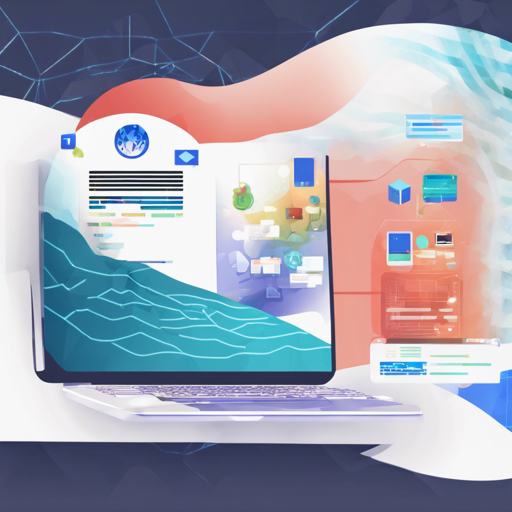The OceanBase Developer Center, or ODC, revolutionizes the way developers engage with databases, delivering an all-encompassing open-source tool for collaborative data management. Whether you’re performing SQL development on the go or ensuring data security during changes, ODC provides the support you need. In this guide, we will walk you through the features and installation of ODC, with troubleshooting tips to smooth your experience.
What ODC Offers and Why Choose ODC?
ODC offers a robust set of tools designed for seamless SQL development, risk management, data lifecycle control, data security, and more.
Effortless SQL Development, Anytime, Anywhere
- Access your databases anywhere with ODC’s modern web architecture.
- Utilize a user-friendly environment supporting comprehensive SQL development, including PL debugging.
Guard Every Change in Your SQL Development Journey
- Receive support in managing risks through visual object management and SQL validation rules.
- Use project-based collaboration and change approval workflows to mitigate potential issues.
Automated Data Lifecycle Management
- Implement data retention policies to archive or purge data based on time frames.
- Support bulk data processing and simplify computational tasks with SQL scheduled tasks.
Sensitive Data Protection in Every Scenario
- Ensure sensitive data remains protected through desensitization capabilities across various scenarios.
- Configure secure rules that limit access to sensitive data for developers and DBAs.
Seamless Integration Without Additional Code Development
- Easily integrate ODC into your existing workflows without significant alterations.
- Support for various enterprise controls, including Single Sign-On and auditing integrations.
Installation and Deployment
ODC can be deployed in either a Web version for collaborative use or a Desktop version for individual development.
Deploying the Web Version
The deployment process for the ODC Web version involves several steps, focusing on Docker usage for installation. Before you start, ensure you have Docker running and meet the minimum system requirements.
Before You Start
Ensure your environment meets these requirements:
- Docker must be installed and active.
- The machine should have at least 2 CPU cores and 4 GB of RAM.
(Optional) Step 1: Create a MetaDB
If you don’t already have a MetaDB, execute the following shell commands to create one:
docker run -p 2881:2881 --name oceanbase-ce -d oceanbase/oceanbase-ce
docker exec -it oceanbase-ce ob-mysql root
CREATE USER odc IDENTIFIED BY password;
CREATE DATABASE odc_metadb;
GRANT ALL ON odc_metadb.* TO odc;Think of creating a MetaDB like preparing a garden bed before planting. You need the right soil (in this case, resources like CPU and RAM) to ensure your plants (data) grow healthy and productive. Once prepared, you can start planting your seeds (data) with ODC.
Step 2: Launch the ODC Server
This script launches the ODC Docker container:
docker run -d -it --name odc --network host --cpu-period 100000 --cpu-quota 200000 --memory=4G -e DATABASE_HOST=127.0.0.1 -e DATABASE_PORT=2881 -e DATABASE_NAME=odc_metadb -e DATABASE_USERNAME=odc@test -e DATABASE_PASSWORD=your_metadb_password -e ODC_ADMIN_INITIAL_PASSWORD=your_admin_password -e ODC_SERVER_PORT=8989 oceanbase/odc:latestFollow the requirements for your admin password, ensuring it has at least 2 digits, 2 lowercase letters, 2 uppercase letters, and 2 special characters with a total length between 8 to 32 characters.
Installing the Desktop Version
The Desktop version is developed using Electron technology and is easy to install. Download the appropriate installer for your OS and follow the prompts.
Links for Download:
Troubleshooting
Should you encounter any difficulties during installation or usage, consider these troubleshooting steps:
- Verify Docker is running and you have proper access rights.
- Check that you meet all system requirements for the Web and Desktop versions.
- Make sure your MetaDB is successfully created and properly configured.
For more insights, updates, or to collaborate on AI development projects, stay connected with fxis.ai.
Conclusion
In summary, ODC greatly enhances your database management experience, allowing for a more secure and efficient development process. Navigating through ODC’s comprehensive features and installation processes is simplified, promising a smoother journey in collaborative database creation.
At fxis.ai, we believe that such advancements are crucial for the future of AI, as they enable more comprehensive and effective solutions. Our team is continually exploring new methodologies to push the envelope in artificial intelligence, ensuring that our clients benefit from the latest technological innovations.

